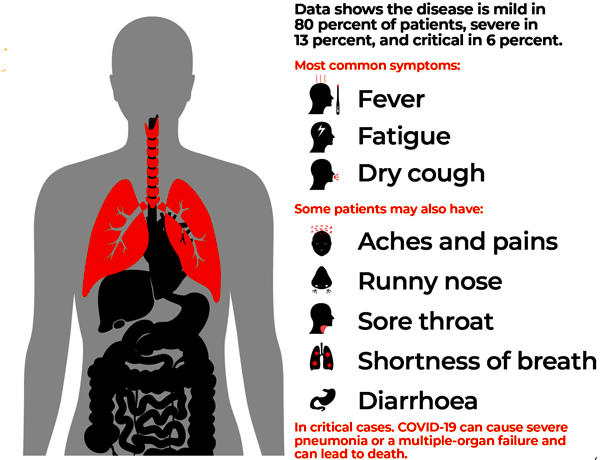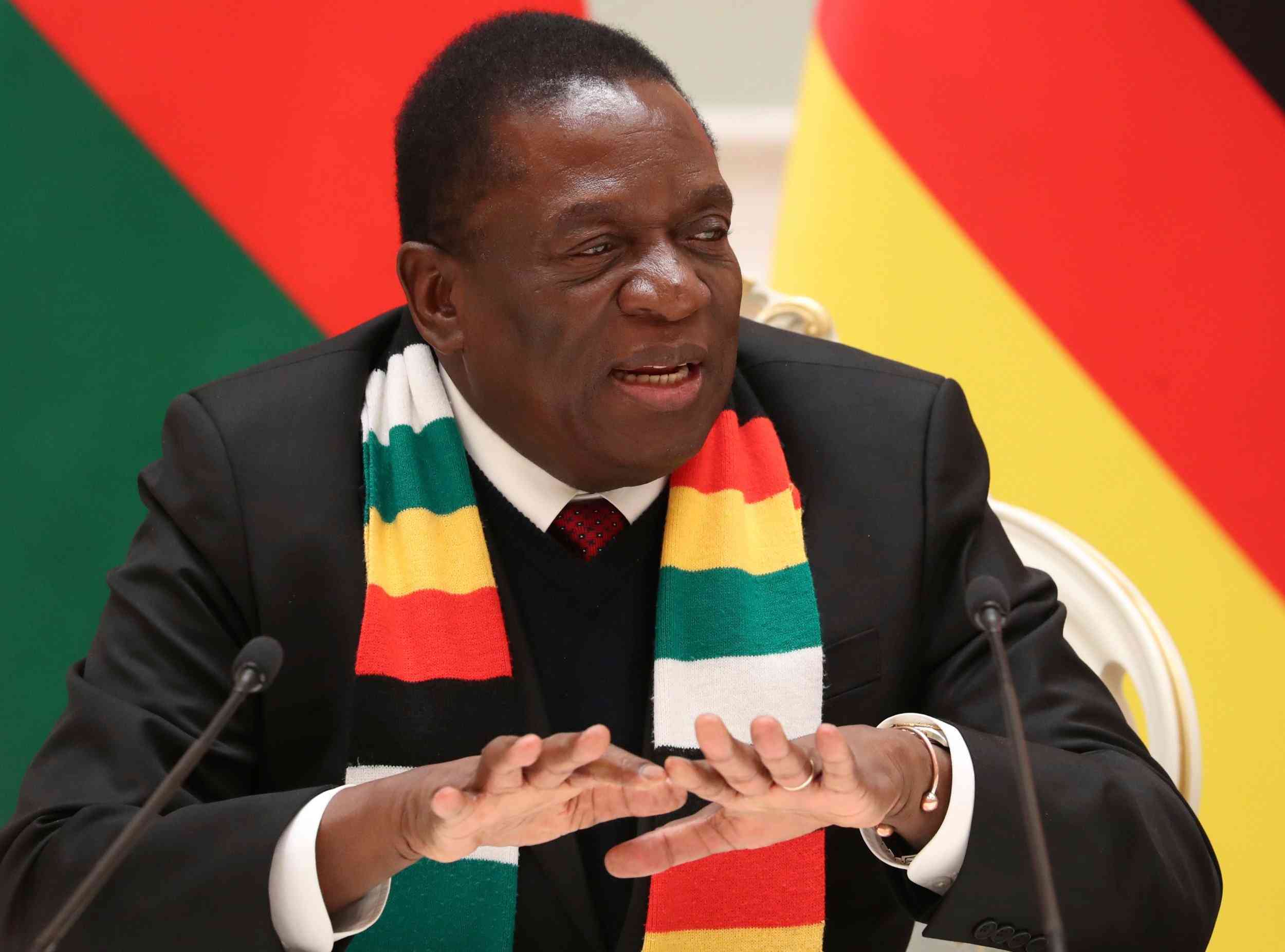
Stigma, peddling of fake news and myths threaten to be one of the biggest stumbling blocks to the effective handling of the coronavirus pandemic with many people in Zimbabwe still to take the outbreak seriously.
BY FIDELITY MHLANGA
“Une corona (You have contracted coronavirus disease), vanhu vari kutya corona (people are scared of coronavirus),” shouted a rank marshal to passengers at an undesignated site in Harare.
“You look like a pig,” said another vendor jeering at a passer-by spotted from teeming crowds in Harare’s central business district.
People wearing masks and gloves are being stigmatised, a sign that citizens are yet to believe the ferocity of the deadly coronavirus that has claimed 30 000 lives and infected 615 000 globally, according to the World Health Organisation (WHO).
According to the Africa Centre for Disease Control and Prevention, 46 African countries have recorded coronavirus cases, claiming 94 lives and infecting 3 426 people, with South Africa, the continent’s most industrialised nation, being the hotspot, with about 1 170 positive cases.
In one of the barbershops, a barber remarked: “I don’t think this disease is very dangerous, I hear that Zororo Makamba died, but look, that guy was too exposed because he had an underlying condition.”
Makamba, one of the seven who tested positive of Covid-19 so far, was the first Zimbabwean to succumb to the disease last week.
- Chamisa under fire over US$120K donation
- Mavhunga puts DeMbare into Chibuku quarterfinals
- Pension funds bet on Cabora Bassa oilfields
- Councils defy govt fire tender directive
Keep Reading
But observers fear the level of denialism in the country could plunge the nation into deep trouble. President Emmerson Mnangagwa announced a countrywide lockdown for 21 days starting tomorrow to curb the spread of the virus. The government said it would deploy security forces to enforce the order.
The lockdown has been viewed as a wake-up call for an all-stakeholder approach to take decisive action in reaching out to the citizens to teach them that Covid-19 is real.
A month ago, when Italian authorities called for preventive measures that included social distancing to be taken to minimise the spread of the disease, the majority disregarded the advice and continued with their usual lifestyles, but the country is now recording the most devastating death rate since the outbreak of the virus.
There are fears the same situation might obtain in Zimbabwe, which has a troubled health sector after doctors and nurses downed tools last week protesting against lack of personal protective equipment.
With social distancing being the most recommended means to contain the spread of the novel coronavirus, the majority of Zimbabweans are still failing to observe these measures.
Covid-19 is being treated as a myth or a foreign disease, which does not affect locals.
Public transporters are still overloading people; teeming crowds are visible in queues for essential goods such as meal-mealie, with people standing shoulder to shoulder.
This is despite the fact that the disease is airborne and can be passed when one sneezes or coughs according to WHO.
“Our transport system does not allow for the so-called social distancing,” Tapiwa Moyo, a Harare resident, said. “Our economy is down and we are always in queues for basic goods, we are exposed.”
With Mnangagwa announcing a raft of measures to be taken that include a complete shutdown, observers said the levels of deviance among citizens will cost the country dearly.
“There is nothing we can do; sometimes the situation forces us not to observe the social distancing. We avoid selling our wares, we die of hunger,” said a vendor. “Hapana kusiri kufa (Either way, we will still die). “We are in trouble.”
One of my neighbours asked: “Is the coronavirus in Zimbabwe? How many people have died of coronavirus in the country?”
A lot of fake news has taken the space and authorities have not stepped up above social media lies to give a correct narrative.
“While some adverts are being put in newspapers, radio and television, the reality on the ground shows that more needs to be done to increase citizens’ awareness on the disease. There is need for a more radical way of reaching people to raise awareness. We are relying on social media for information about the virus and it is catastrophic,” one Tonde, from Kuwadzana, Harare, said.
“Since the announcement of the first death due to coronavirus, lemon and ginger have been selling like hot cakes. My daily sales have quadrupled,” said Marvellous, a Harare vendor.
The demand for masks and hand sanitiser has soared, resulting in overcharging.
Some supermarkets have run out of stocks, leaving vendors, who are defying city fathers’ ban to sell in the streets, to enjoy brisk business.
Lemons, which ordinarily were selling for $1 are now going for up to $5 each as demand soared.
The demand has been driven by myths that lemons help fight the virus, a belief, which WHO has since debunked.
However, while some are treating the coronavirus as a foreign disease, others are leaving nothing to chance to protect themselves. The demand for masks, lemons and ginger has ballooned in Harare.
“What I can tell you is that the coronavirus does not have a cure, it affects lungs.
“While I can’t say it is bad to drink lemon and ginger, but at the same time I can’t say it’s scientifically proven that it helps against Covid-19,” said Harare-based medical doctor, Johannes Marisa.
According to WHO, masks are only effective when used in combination with frequent hand-washing with alcohol-based hand rub or soap and water.
Marisa said: “Laughing at people wearing masks is due to ignorance, as people are making fun of the coronavirus and yet countries like Italy and Spain are struggling with more than 700 deaths in a day.
“My advice is, let’s take this disease very seriously and avoid getting sick.
“Masks are important in that when one coughs, saliva and droplets are contained in the mask and the droplets that contain the virus are restricted.” Ethiopian Prime Minister Abiy Ahmed recently said: “If coronavirus is not beaten in Africa; it will return to haunt us all.”









